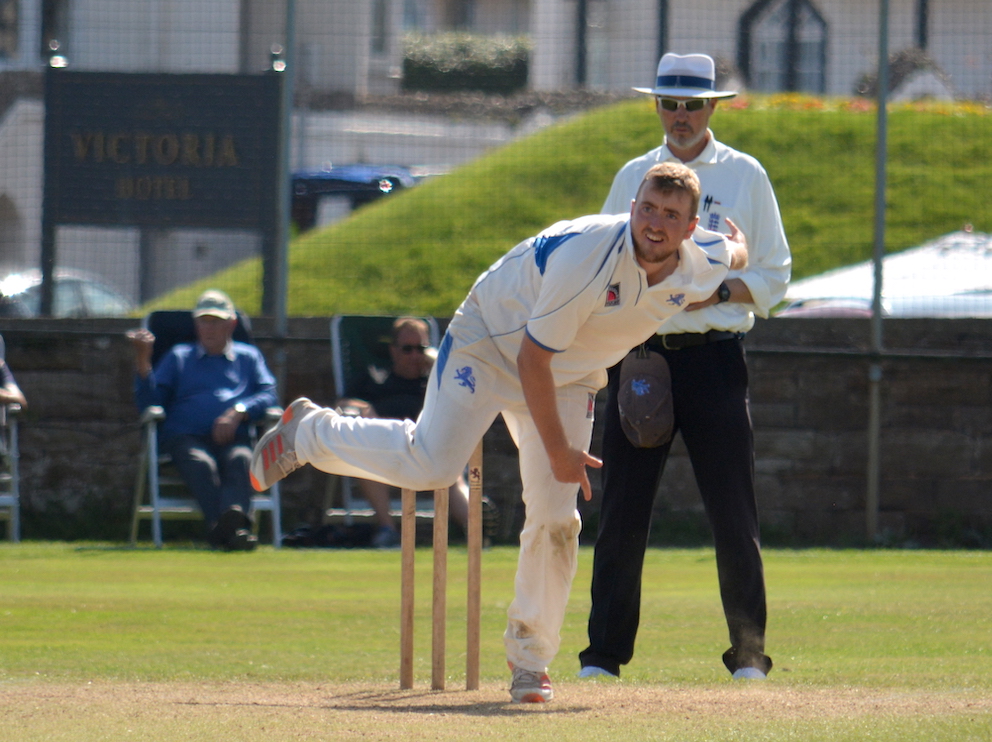
DEVON’S Twenty20 campaign came to a soggy conclusion in a damp and dingy double header against Dorset at Wimborne.
Game one on the Leaze ground at Wimborne went Dorset’s way on Duckworth-Lewis rules after rain stopped play while they were chasing 94 to win. The second game was washed out without a ball being bowled.
Devon’s record of three rain-offs, two defeats and just one win meant they finished third in qualifying Group Five and failed to make it to the Super 12s quarter-final stage.
Following the double rain-off against Wiltshire at Exeter on Sunday, Devon knew they had to win both games against Dorset to stand any chance of qualifying.
Cornwall topped the group thanks to wins against Wiltshire and Dorset over the Bank Holiday weekend.
Rain blighted Devon’s pre-season preparations – no play at all in any warm-up matches for the second season in a row – and limited actual match time in the T20 competition.
James Horler, Devon’s white-ball captain, said what little match time there had been was some preparation for the 50-over cup qualifiers, which commence against Berkshire at Henley this Sunday.
“The amount of cricket we have played has been disappointing, however the batting and fielding performances have been excellent,” said Horler.
“Ben Privett been the stand out-player – particularly against Cornwall – and Sam Read bowled extremely well each game and deserves kudos.
“Overall, pleased with the attitude and the way the team is shaping up.
“We are in a tough group in the KO Cup, but excited to put a marker down on Sunday at Henley.”
Ben Beaumont top scored for Devon with 39 off 35 balls in a last-over total of 93 all out against Dorset. Beaumont and Elliot Hamilton (10) rescued Devon from 48 for six with a stand of 38.
Dorset were 71 for three – 10 runs ahead of the DLS par score of 61 – when rain stopped play in the 14th over. Read (2-24) had two of the wickets to fall.
Said Horler: “We fought well to keep ourselves in a game, in which we were behind.”





